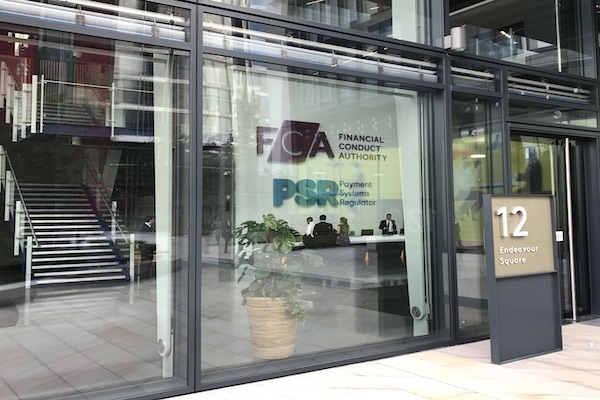The FCA and the Prudential Regulation Authority (PRA) have banned and fined Stuart Malcolm Forsyth, the former CEO of a small mutual insurer, £78,318 and £76,180 respectively.
The regulators’ found, following a joint investigation, that between February 2010 and July 2016 Mr Forsyth transferred “excessive” amounts of his own remuneration to his wife to reduce his own tax liability and took steps to conceal that arrangement.
Mr Forsyth has referred the Decision Notices to the Upper Tribunal where the parties will present their respective cases.
The regulator’s say any findings in the Decision Notices are ‘therefore provisional and reflect the FCA’s and PRA’s respective findings as to what occurred and how they consider Mr Forsyth’s behaviour should be characterised”.
The Upper Tribunal will determine what, if any, is the appropriate action for the FCA and the PRA to take, and will remit the matter to the FCA and PRA with such directions as the Upper Tribunal considers appropriate to give effect to its determination.
The Upper Tribunal's decision will be made public on its website and the proposed actions outlined in the Decision Notices will have no effect pending the determination of the case by the Tribunal.
The FCA Decision Notice, which reflects the FCA’s view of what occurred, outlines the reasons for the FCA’s decision to ban Mr Forsyth and fine him £78,318 for “lacking integrity”.
As CEO of Scottish Boatowners Mutual Insurance Association (SBMIA), Mr Forsyth paid his wife a proportion of his own salary in compensation for providing some out of hours administrative support and occasional hospitality at home.
Up until 2010, Mrs Forsyth was paid between £5,000 and approximately £10,000 a year, which was “not obviously unreasonable for the work she was undertaking”.
From 2010, Mr Forsyth transferred increasing amounts of his salary and in most years all or part of his own bonus, to Mrs Forsyth in order to reduce his tax liability.
Between 2010 and 2016, Mr Forsyth transferred just over £200,000 of his pay to Mrs Forsyth and by the 2015/16 tax year, Mrs Forsyth’s remuneration was just over £52,000, more than any other SBMIA employee save Mr Forsyth.
As a result of these arrangements, Mr Forsyth paid approximately £18,000 less in income tax than he should have done.
SBMIA’s board and remuneration committee were aware that Mr Forsyth paid a proportion of his salary to Mrs Forsyth but were not aware how much Mrs Forsyth was paid.
Mr Forsyth concealed the level of payments from SBMIA’s board and others.
In particular, Mr Forsyth created false minutes to give the misleading impression that SBMIA’s remuneration committee had agreed the salaries of both Mr and Mrs Forsyth in 2013, 2014 and 2015.
In fact, it had only agreed Mr Forsyth’s salary.
In late 2015, after internal concerns were raised about Mrs Forsyth’s remuneration, Mr Forsyth inappropriately involved himself in a subsequent investigation by an external auditor.
In 2016, Mr Forsyth responded “recklessly” to an information request from the PRA by sending it the false Remuneration Committee minutes.
Mr Forsyth did not believe that his actions were permissible.
He was aware that Mrs Forsyth only carried out a limited amount of administrative work and that the amount of her remuneration for that work was unjustified.
The FCA says that “by deliberately arranging these payments to Mrs Forsyth, Mr Forsyth acted without integrity to his financial benefit”.

